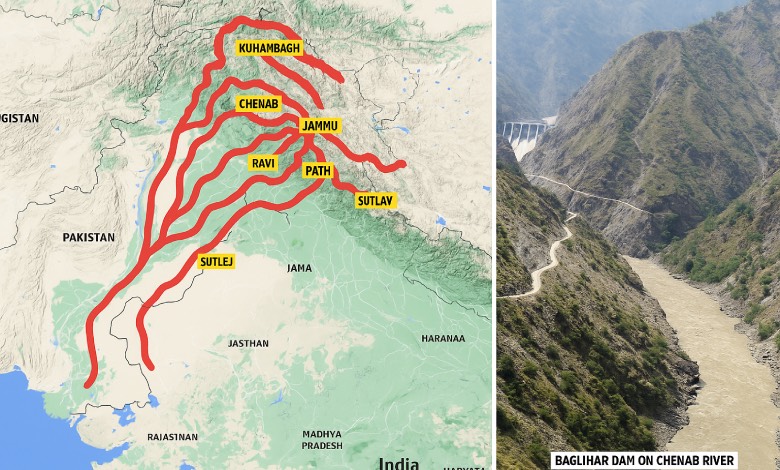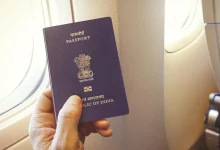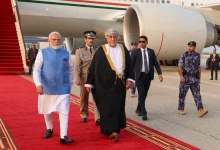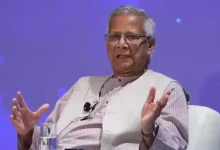What is the Indus Water Treaty? After Pahalgam Attack, India Halts Water Flow to Pakistan
Indus Water Treaty: In response to the terror attack in Pahalgam, Jammu and Kashmir, India has taken a strong step by suspending the Indus Water Treaty with Pakistan. But why is this treaty so significant? Here’s a detailed explanation.

Following the terrorist attack in Pahalgam, Jammu and Kashmir, India has made a major and firm decision. The government has decided to suspend the Indus Water Treaty with Pakistan. On the evening of Wednesday, April 23, a meeting of the Cabinet Committee on Security (CCS) was held under the leadership of Prime Minister Narendra Modi, attended by Home Minister Amit Shah, Defence Minister Rajnath Singh, and External Affairs Minister S. Jaishankar. Shortly after the meeting, the Ministry of External Affairs announced during a briefing that India would be halting its participation in the treaty.
Taking a tough stand against Pakistan, India has made this decision in view of cross-border terrorism. Foreign Secretary Vikram Misri stated that the CCS was briefed on how the Pahalgam terror attack was linked to elements across the border. He added that the attack came at a time when the Union Territory was witnessing successful elections and continuous progress in terms of economic development.
What is the Indus Water Treaty?
The Indus Water Treaty was signed on September 19, 1960, between India and Pakistan, with the World Bankacting as a mediator. The treaty was signed by then Indian Prime Minister Jawaharlal Nehru and Pakistan’s then President Field Marshal Ayub Khan.
Under the treaty, six rivers that flow from India into Pakistan — Indus, Jhelum, Chenab, Ravi, Beas, and Sutlej — were divided into two categories:
- Eastern Rivers (Ravi, Beas, Sutlej): Full rights of usage were granted to India.
- Western Rivers (Indus, Jhelum, Chenab): The majority of the water from these rivers was allocated to Pakistan.
India is allowed to use the water from western rivers only for non-consumptive purposes, such as hydroelectric power generation, where the water is eventually returned to the river. In other words, India cannot divert this water for direct consumption.
What Impact Will This Have on Pakistan?
Suspending the treaty could directly impact Pakistan’s water supply, as the country receives nearly 80% of its waterunder this agreement. If the flow from the western rivers is stopped, Pakistan could face a serious crisis in agriculture and access to drinking water. Already dealing with water shortages, this decision could be a significant blow to Pakistan.
India has made it clear that the suspension will continue unless Pakistan takes strict and credible action against cross-border terrorism. Alongside this, India has also taken other steps, such as closing the Attari border crossing.




